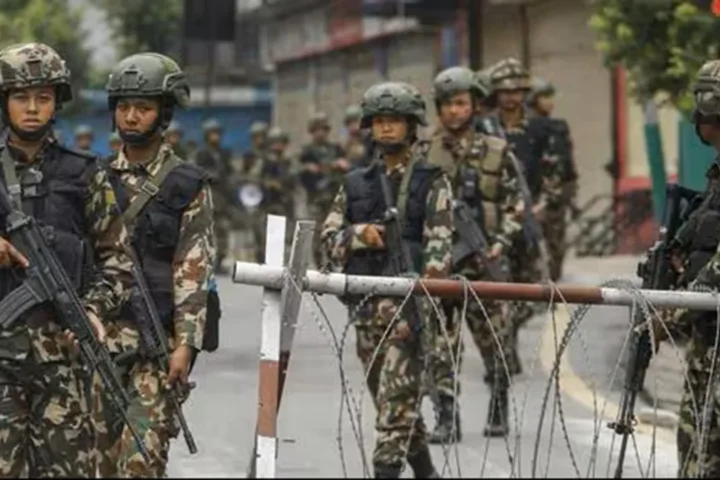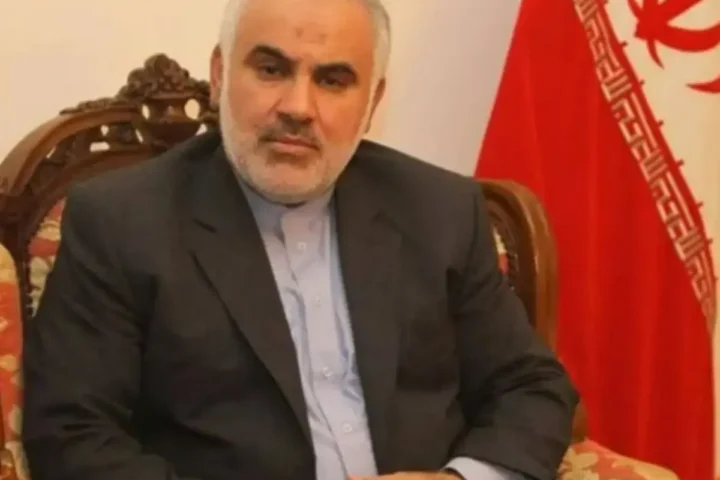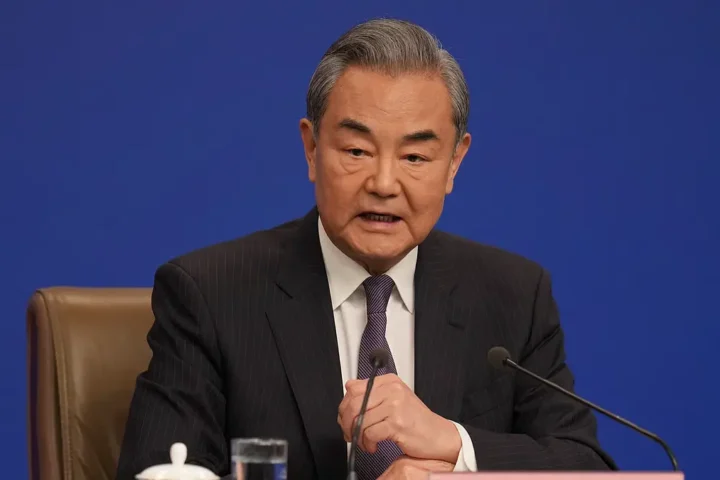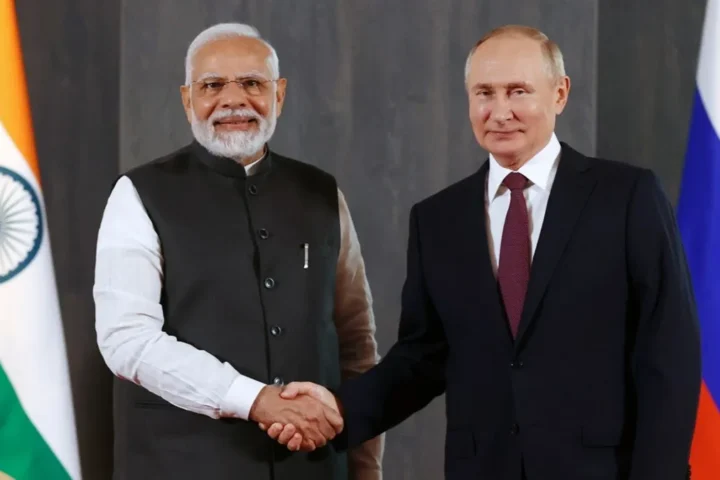A recent report from Foreign Affairs has sparked global concern, claiming that Pakistan is developing an intercontinental ballistic missile (ICBM) capable of carrying nuclear warheads and reaching targets in the United States. If confirmed, this would mark a major escalation in South Asia’s nuclear dynamics and potentially reclassify Pakistan as a direct nuclear adversary of the US.
ICBM Development May Alter Global Nuclear Landscape
Currently, only Russia, China, and North Korea possess nuclear-capable ICBMs that can reach the US. Pakistan’s entry into this club could trigger significant geopolitical consequences. Quoting unnamed US officials, the report states, “If Pakistan acquires an ICBM, Washington will have no choice but to treat the country as a nuclear adversary. No country with such a capability is considered a friend by the US.”
Islamabad’s nuclear doctrine has traditionally focused on deterring India, with short- to medium-range missiles like the Shaheen-III, which has a range of 2,700 km. However, an ICBM would allow Pakistan to project power far beyond South Asia — a development seen as deeply troubling in Washington.
China’s Involvement and Strategic Motivation
The report suggests that Pakistan’s potential ICBM programme may be backed by China, particularly after India launched its high-profile military exercise, Operation Sindoor, last month. Analysts believe this move may have heightened Pakistan’s security concerns, pushing it to strengthen its strategic deterrence — not just against India, but also as a safeguard against a potential US-led disarmament strike.
Recent US military actions targeting Iran’s nuclear facilities may have further motivated Pakistan to develop a deterrent capable of targeting American soil. An ICBM would serve as a strategic warning, complicating any pre-emptive strike calculations by the US or its allies.
Interesting Read
Sanctions and International Response
The US has already taken action. In 2024, Washington imposed sanctions on Pakistan’s National Development Complex (NDC), the state-run body managing long-range missile programs, along with three affiliated firms. These sanctions froze US-based assets and prohibited American companies from engaging with the blacklisted entities. Pakistan condemned the move, calling it politically biased.
It’s important to note that neither Pakistan nor India is a signatory to the Nuclear Non-Proliferation Treaty (NPT), which aims to restrict the spread of nuclear weapons globally.







